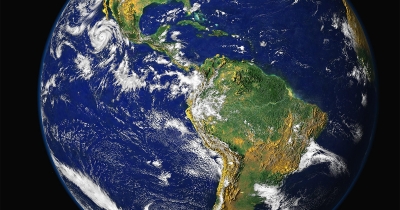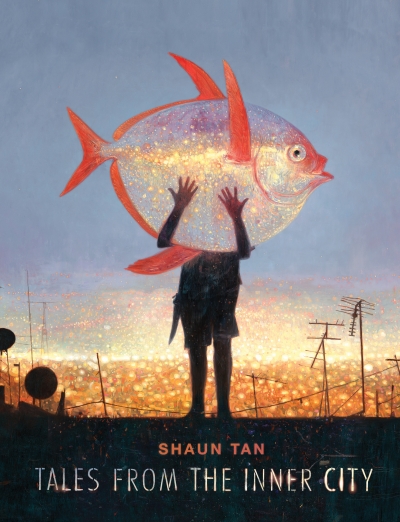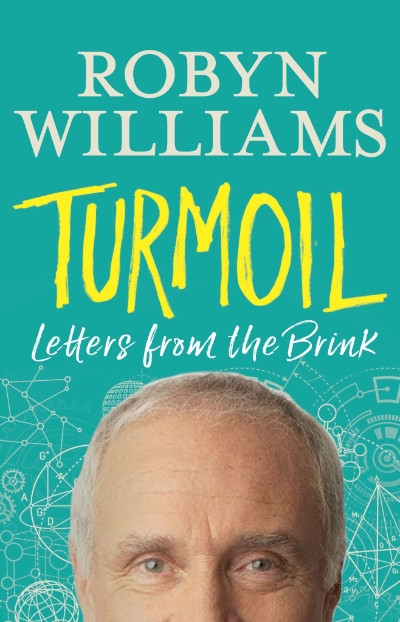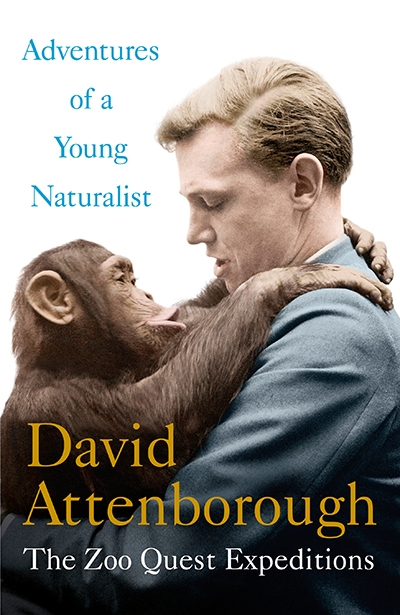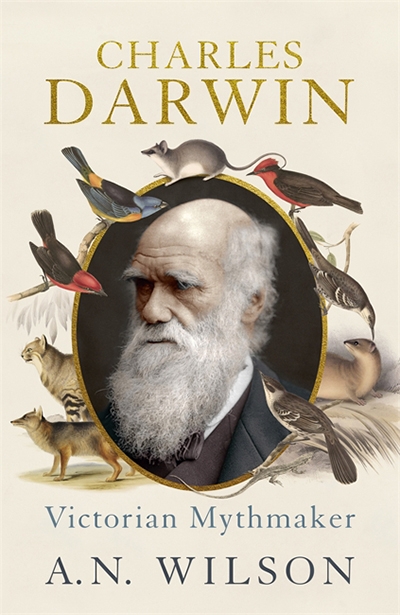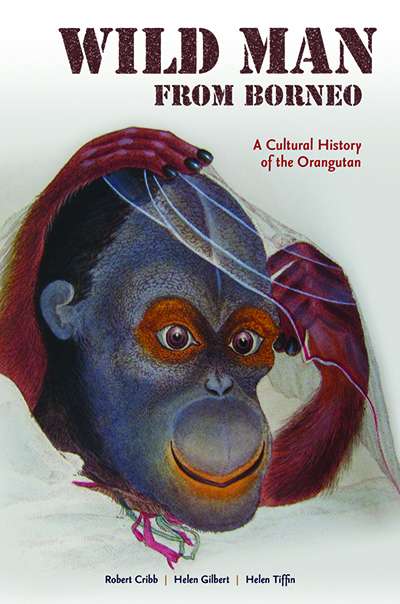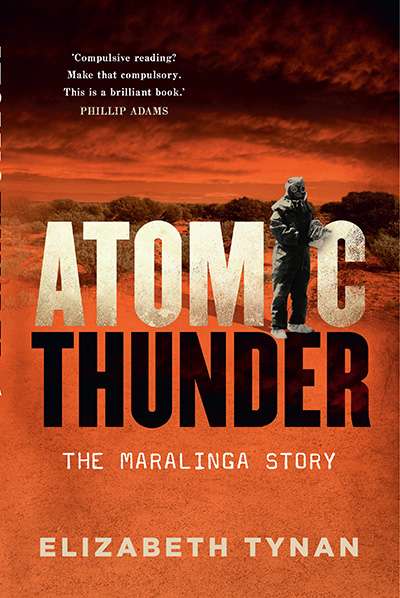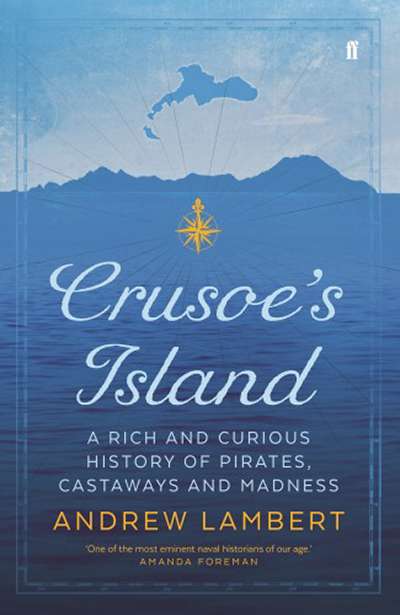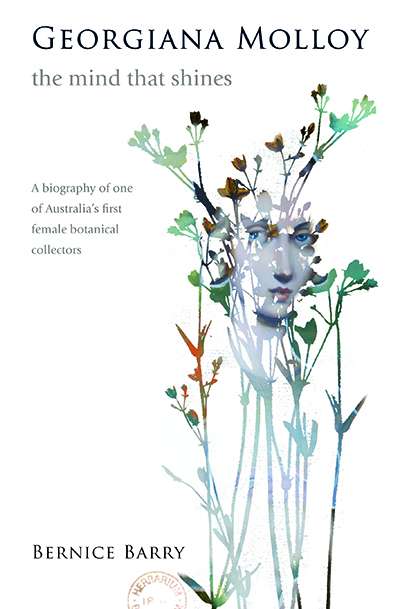Danielle Clode
‘We’ll be going this earth’: an environmental survey
by Lynette Russell, et al. •
To complement the reviews and commentaries in our Environment issue, we invited a number of writers and scholars to nominate a book that will give readers a better appreciation of the environment.
... (read more)Adventures of a Young Naturalist:: The Zoo Quest expeditions by David Attenborough
by Danielle Clode •
To complement our coverage of new books on the subject, we invited a number of writers, scholars, and environmentalists to nominate the books that have had the greatest effect on them from an environmental point of view.
... (read more)Wild Man From Borneo: A cultural history of the Orangutan by Robert Cribb, Helen Gilbert, and Helen Tiffen
by Danielle Clode •
Crusoe’s Island: rich and curious history of pirates, castaways and madness by Andrew Lambert
by Danielle Clode •

